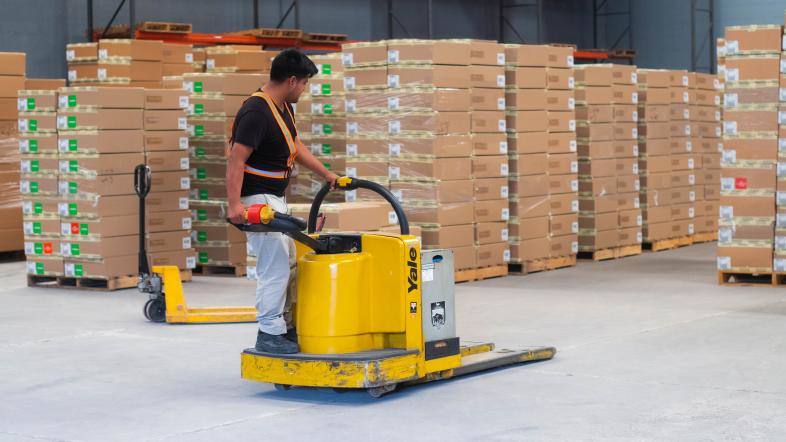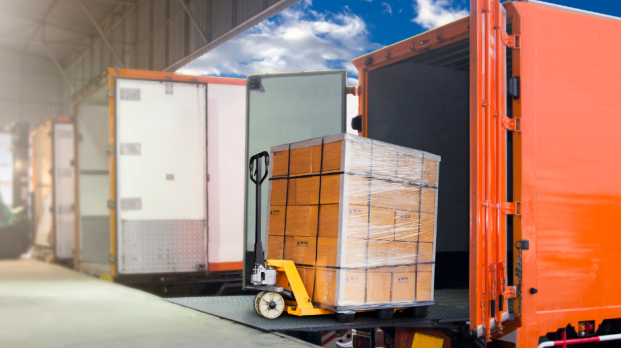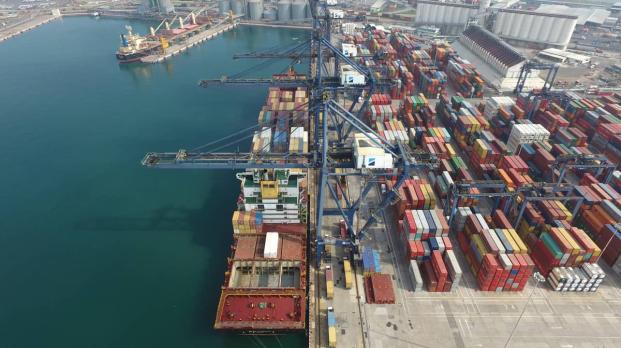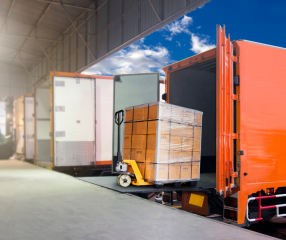
Over the last three years, competitive advantage in the supply chain partner space has transformed. What was once a strict focus on cost savings has now grown to include factors such as global reach, technological advancements, sustainable efforts, inclusive environments, and more. As businesses around the world shift their focus on social, environmental, and digital improvements, it’s critically important for providers to mimic these business objectives to align with their prospective clients.
Farther Reach
There are various ways to improve global supply chain operations, including better solutions and cost savings. However, one of the best ways to get ahead of the competition is to ensure your operations span across the right regions for your clients.
EFL Global, a supply chain and logistics organization, has created international touchpoints through a combination of owned offices and strong industry partnerships. From its inception in 1982, EFL Global has expanded its reach by evaluating its business objectives, client needs, and key trade lanes to strategically open offices. This also offers new opportunities for businesses looking to expand their reach, giving them access to a larger market with an established provider in the region.
“Over the past few years, what the world has learned is that change is inevitable,” says Tony Glass, Chief Commercial Officer – Americas Region. “We’ve seen our clients adjust sourcing, distribution, and overall supply chain strategies to meet the needs of an ever-changing business environment. We have proactively listened to our customers and followed their lead in expanding our business across multiple regions.”
Technology
Technology and digitalization are big talking points for supply chain providers today. In a world where visibility and automation are expected, providers must be prepared with the necessary tools, such as track and trace models, online booking platforms, and system processes.
Supply chain automation can also pose various opportunities for providers to offer their clientele faster, cost-effective, competitive operations that meet their timelines and majorly boost business revenue.
“The expectation in our industry today is to have stellar service at a competitive price,” says Glass. “But more importantly, the expectation not only covers the movement of product, but also the accurate and timely movement of data. This is why we continue to focus on our technology as a core part of our service offering.”
Sustainability
Addressing climate change, pollution, and the overall health of our planet have become critical pieces of brand success to remain both relevant and favored compared to competition. With the most access to funds and resources, businesses today are expected to not only participate in, but uphold sustainable initiatives in their corporate strategy.
Additionally, with global logistics and transportation being one of the largest contributors to carbon emissions, providers have a responsibility to set sustainable business objectives and enact logistics practices that offset these emissions. This can include data management systems, carbon emissions tracking, involving your employees in volunteer projects, carbon neutral shipping initiatives, and more.
Inclusivity
Diversity and inclusion in any organization is important, especially in industries with a history of gender and race inequality. Like sustainability, businesses are keen on finding providers with similar Diversity, Equity, and Inclusion (DEI) goals.
The number of women in supply chain steadily grows each year, but according to Gartner’s 2022 Women in Supply Chain survey, women make up just 39% of the industry’s total workforce.
Diversifying the logistics workforce is a key component for providers to align with their clients’ business objectives and participate in an equitable future. At EFL Global, DEI is prioritized through quality workforce initiatives, inclusive hiring, discrimination policies, and more. Today, EFL Global’s USA branch is made up of 48.38% women. Additionally, EFL Global employs over 3,000+ global employees from 39 countries. These employees have over 30+ different cultures and backgrounds, making the global organization truly diverse.
The Future of Priorities in Logistics
As businesses continue to adapt to the changing priorities and needs of our global citizens, economy, and planet, providers must adapt along with them. The alignment of these business objectives ahead of time will allow providers to advocate for their products and services with a competitive edge.




